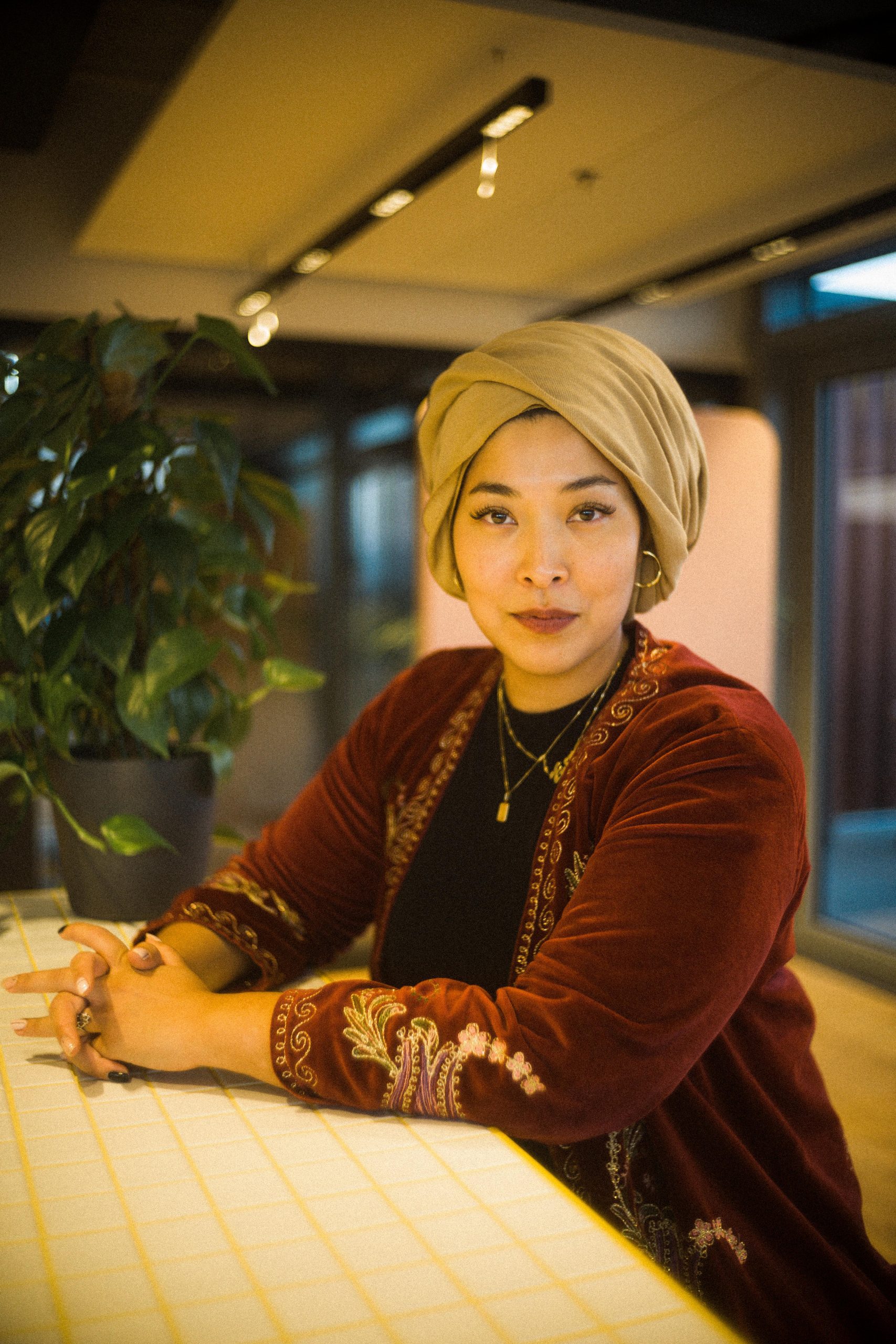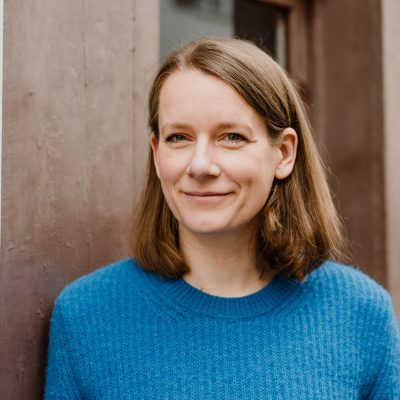Details
Article
In a country where 27 percent of the population identifies as BIPOC (Black, Indigenous, and People of Color), it is disheartening to see that only 6 percent of the top leadership positions in Germany’s biggest media organizations are filled with individuals from these communities. These numbers paint a stark picture of the structural and institutional exclusion faced by BIPOC individuals in the media landscape. This exclusion is not solely based on racialization but is compounded by other facets, and we must acknowledge intersectionality in the quest for equity.
KARAKAYA TALKS, an organization already committed to producing accessible news for millennials and Gen Zs of BIPOC communities, has spearheaded a groundbreaking concept – the BIPOC MEDIA FEST. This innovative initiative seeks to address the root causes of underrepresentation and empower BIPOC professionals in the media and creator economy by providing them with invaluable networking opportunities.
The BIPOC MEDIA FEST is founded on a simple yet profound belief: sustainable journalism, filmmaking, and content creation are deeply reliant on a robust network. These networks need to transcend their existing boundaries and expand into wider sectors, enabling media makers of BIPOC communities to connect with professionals outside their immediate domains.
As part of my Landecker Democracy Fellowship project, “Connect and Thrive,” I had the opportunity to build a community with media entrepreneurs from underrepresented communities. This experience reinforced the need for a space like the BIPOC MEDIA FEST, where I could see firsthand that exchange was needed with the broader media sector.
BIPOC MEDIA FEST is about empowering attendees with hands-on insights and tools.
To facilitate this expansion, the BIPOC MEDIA FEST offers a unique event concept designed exclusively for BIPOC media makers. Participants gain access to eight workshops featuring high-level speakers and experts, individuals they might not have had the chance to connect with otherwise. This is not just about networking; it’s about empowering attendees with hands-on insights and tools to navigate the media world strategically, ensuring long-term impact.
The lineup of speakers is impressive and includes luminaries such as Deborah Choi, a serial entrepreneur and founder of Founderland, who brings a wealth of experience and knowledge on entrepreneurship. Netflix executives Maya Mensah and Denise Ekale Kum, who have played pivotal roles in shaping the streaming giant’s content, will share their expertise. Additionally, the festival welcomes Sümeyye Uğur, a journalist and editor at Bayrischer Rundfunk, whose insights into journalism and media will be invaluable to the attendees.
The support for the BIPOC MEDIA FEST is a testament to its necessity and potential impact.
The support for the BIPOC MEDIA FEST is a testament to its necessity and potential impact. Funding from organizations like Google/Youtube, the US Embassy Berlin, Riccardo Simonetti Initiative, Media Lab Bayern, and Publix signifies that major players in the industry recognize the need for this event and are willing to contribute to its success. It’s a movement aimed at dismantling the barriers that have held back BIPOC media professionals for far too long.
The BIPOC MEDIA FEST is not just an event; it’s a movement aimed at dismantling the barriers that have held back BIPOC media professionals for far too long. By creating spaces for networking, learning, and collaboration, this festival offers a glimmer of hope in the fight for equality and representation in the media world.
As we gather at the BIPOC MEDIA FEST, we take a significant step towards a more inclusive, diverse, and representative media landscape in Germany, where every voice can be heard, and every story can be told. A strong democracy is built on the inclusion of all voices, especially those that are marginalized, and the BIPOC MEDIA FEST is a powerful step in that direction.





